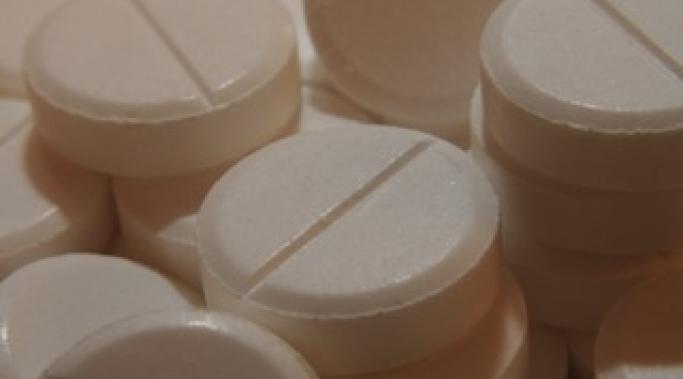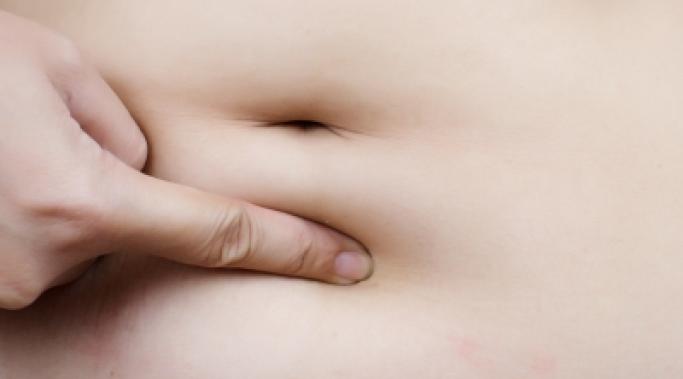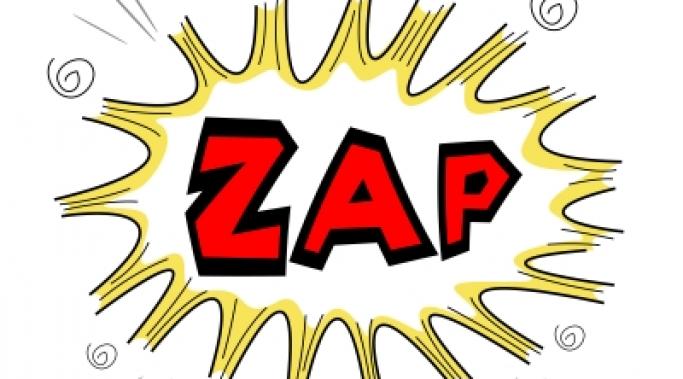Several years ago I did an inpatient treatment program for depression. At the end of my stay at the hospital, I was asked to complete a survey on my experience there. The form had room for comments and suggestions and as I filled it out, I realized I had a lot to say about my depression treatment.
Depression Treatments
My Mom is 88 years old. She loves me. She worries about me. Almost every time we talk she asks me, "Are you still on your depression meds?" I respond patiently, because I know she probably doesn't remember me saying this to her dozens of times in the past. "Yes, Mom. I'll be on my medication likely for the rest of my life." She nods. She understands. For now. Until the next time she asks.
It has been a very long, cold, depressing winter. Snow storms. Ice storms. Wind chills that can freeze your face. I spent a lot of my days hunkered down inside the house, battling my depression symptoms as best I could. But, spring has sprung and it's finally time to get outside!
Having depression has taught me many things. I've learned how very debilitating depression can be, but I've also learned how resilient people with depression are - myself included. I've learned about stigma but I've also learned about acceptance. I've learned about brain chemistry and depression medications, about cognitive behavioral therapy, hypnosis, prayer, positivity and other treatments.
I have had one hell of a week. It has been a week of emotional lows with very few highs. It has been a week where I have had to use all of my coping with depression skills.
I have never been thin. Nor overly large (I hate the word "fat"). I'm 49 years old, I'm in perimenopause and lately, it seems like everything I put in my mouth ends up as another half pound on the scale. It's so depressing!
Lately, I have written blogs about having a good support system, practicing positivity and knowing your dark thoughts / depression triggers. These are all important aspects of continued treatment for my depression. Another aspect of depression treatment is to try to get involved in a charity or cause. The obvious benefit of said involvement is to the benefactor. What makes this an important part of coping with depression is that we are exposed to the needs of others.
There are many depression-management techniques available; antidepressant medication, cognitive behavioral therapy (CBT), exercise and a proper diet, relaxation and general wellness treatments (eg. massage therapy, hypnosis, meditation, aromatherapy, etc.), and so on. Among these therapy techniques is group therapy. But... group therapy for depression? Is it a help or a hindrance?
Quitting your depression medication without the doctor's help can lead to trouble. In fact, getting off your antidepressant medication on your own is a very bad idea.
I know, because I did it.
Depression often leads to thoughts of suicide, or in the most dire of cases, taking one’s own life.
Around this time last year, in April of 2012, just as I was coming out of my last major depressive episode, I actually considered suicide. I didn’t just think about it, as in, “I wonder what would happen if I drive my car off this cliff,” but I actually contemplated a viable method and a plan to make it happen. Now, some people would think that the car/cliff thought was, in and of itself, a cry of desperation. For me, going that next step beyond pondering to planning, was the very lowest of all my very low moments.









